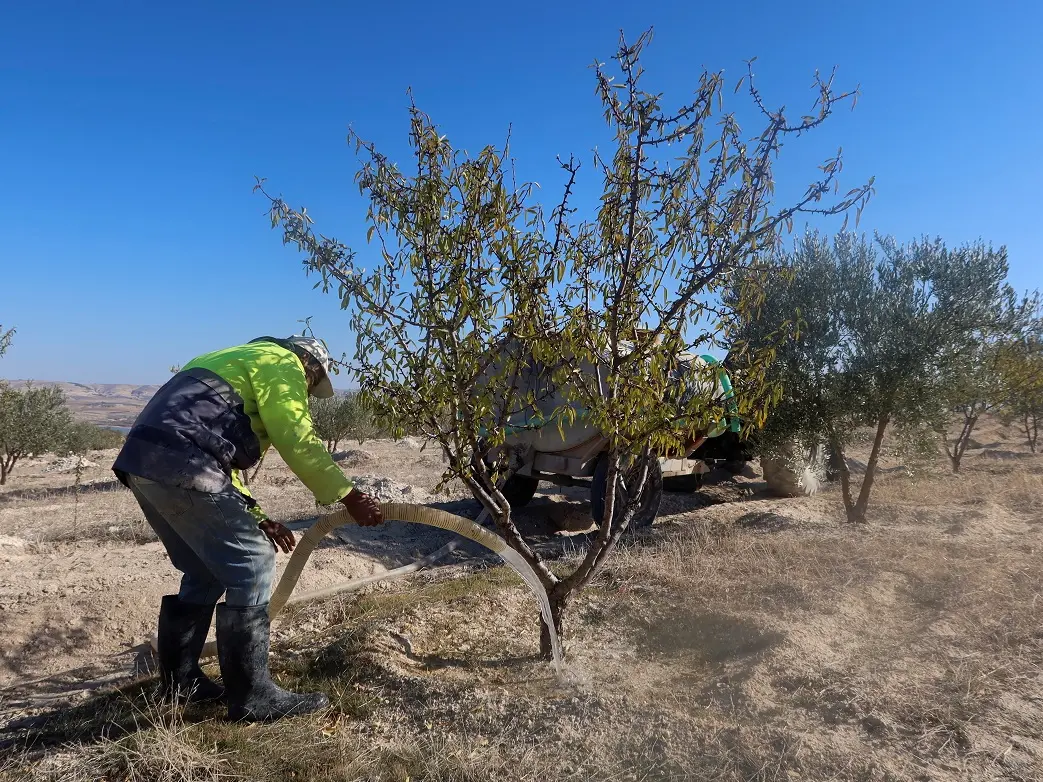In response to a severe drought that has hit Tunisia, the agriculture ministry said on Friday said the government will introduce a quota system for potable water and banned its use in agriculture until Sept. 30.
A senior official in the ministry of agriculture, Hamadi Habib said Tunisia recorded a drop in its dam capacity to around 1 billion cubic meters, or 30% of the maximum, due to a scarcity of rain from September 2022 to mid-March 2023, as the country is suffering a fourth straight year of serious drought.
The use of potable water to wash cars, water green areas and clean streets and public places have also been banned by the agriculture ministry. According to the Water Law, violators face a fine and imprisonment for a period of between six days to six months.
Read also: Report shows £3.5m of Tory donations linked to pollution and climate denial
Residents said that Tunisian authorities have for the last two weeks been cutting off drinking water at night in some areas of the capital and other cities in a bid to cut consumption, a move that has sparked widespread anger.
The new decision could lead to social tension in a country whose people suffer from poor public services, high inflation and a weak economy.
Official figures showed the Sidi Salem Dam in the north of the country, a key provider of drinking water to several regions, has declined to only 16% of its maximum capacity of 580 million cubic meters.
Tunisia’s grain harvest will be “disastrous”, with the drought-hit crop declining to 200,000-250,000 tonnes this year from 750,000 tonnes in 2022, senior farmers union official Mohamed Rjaibia told reporters on Thursday.
Story was adapted from Reuters.
